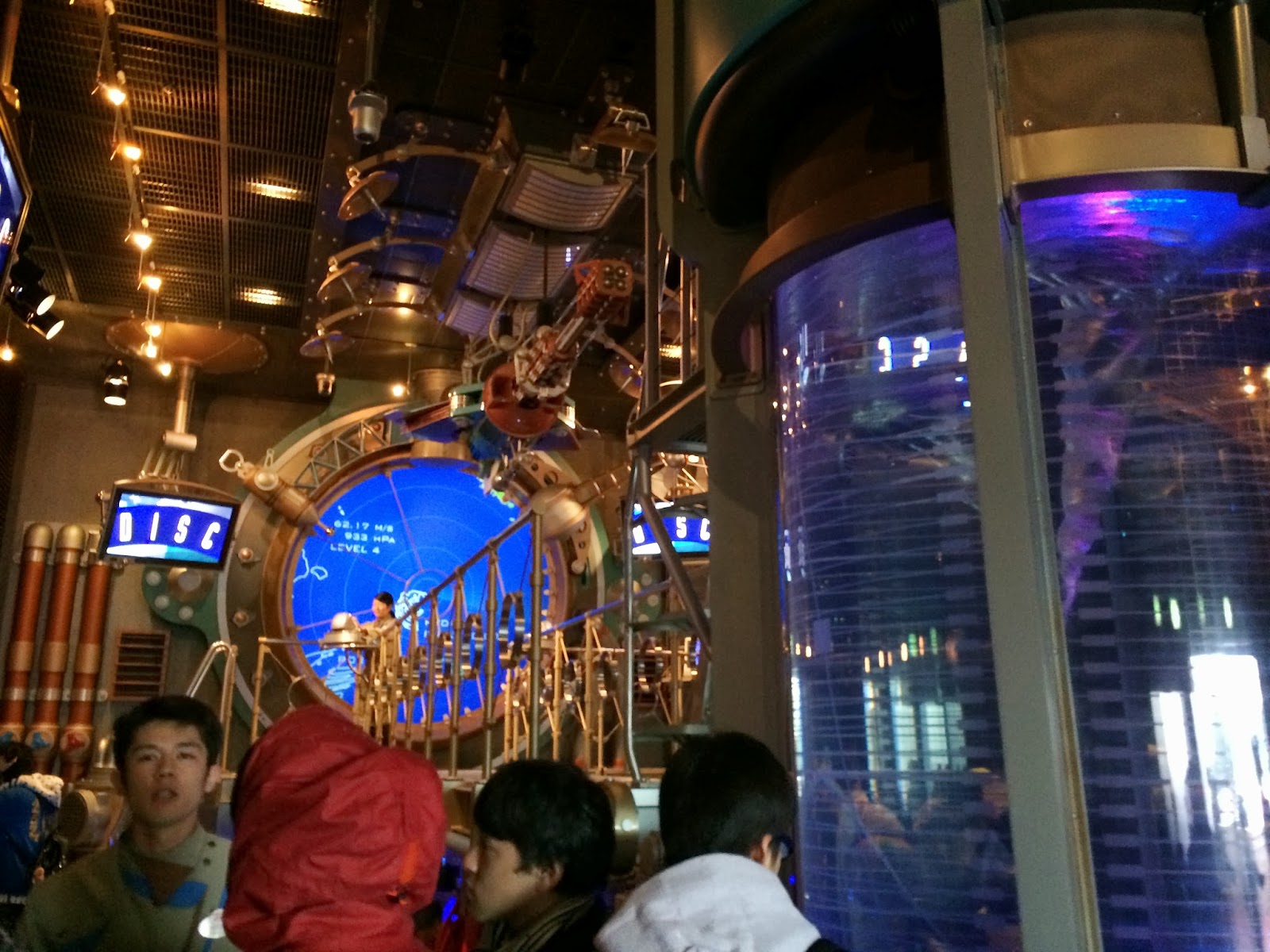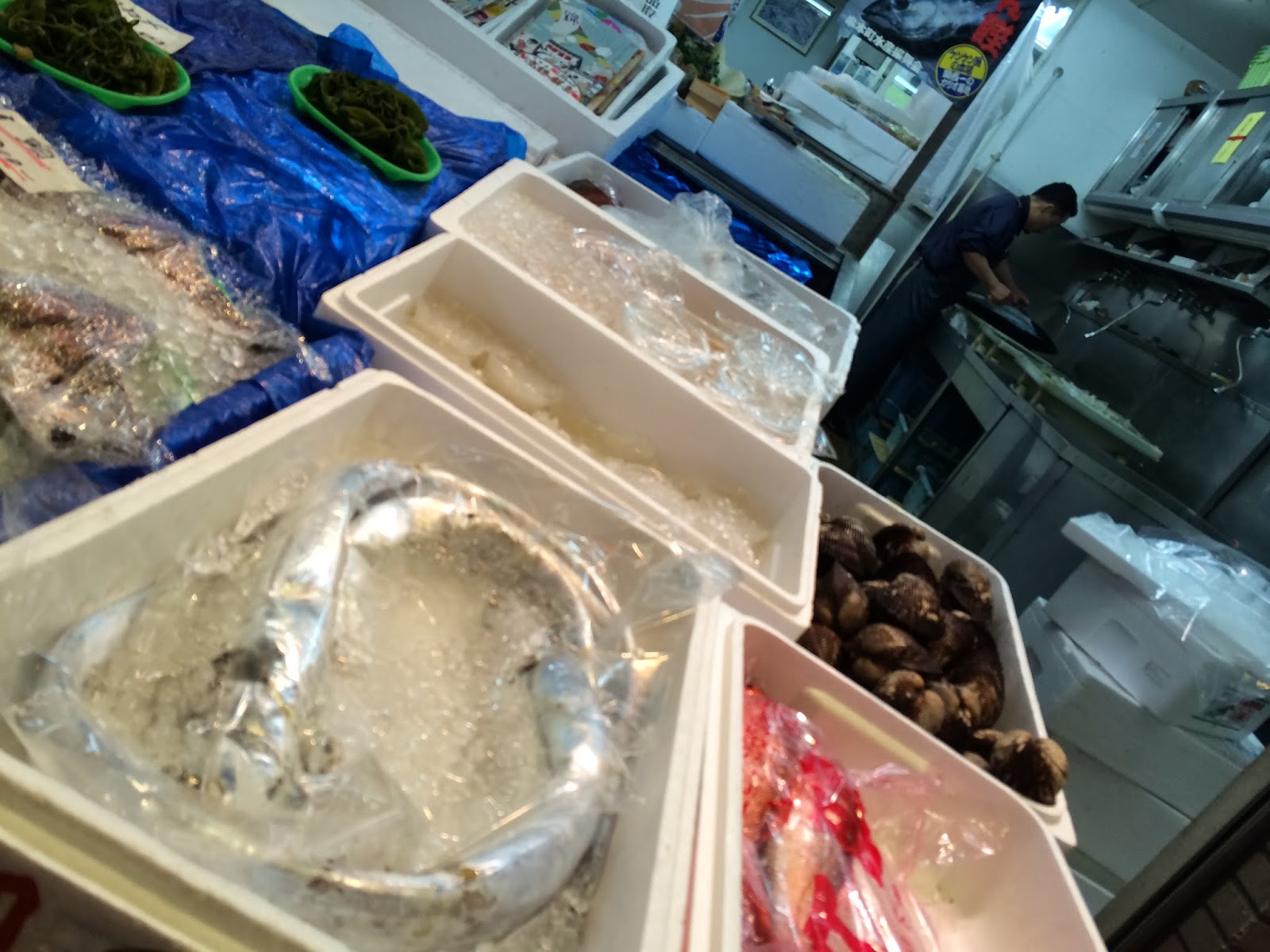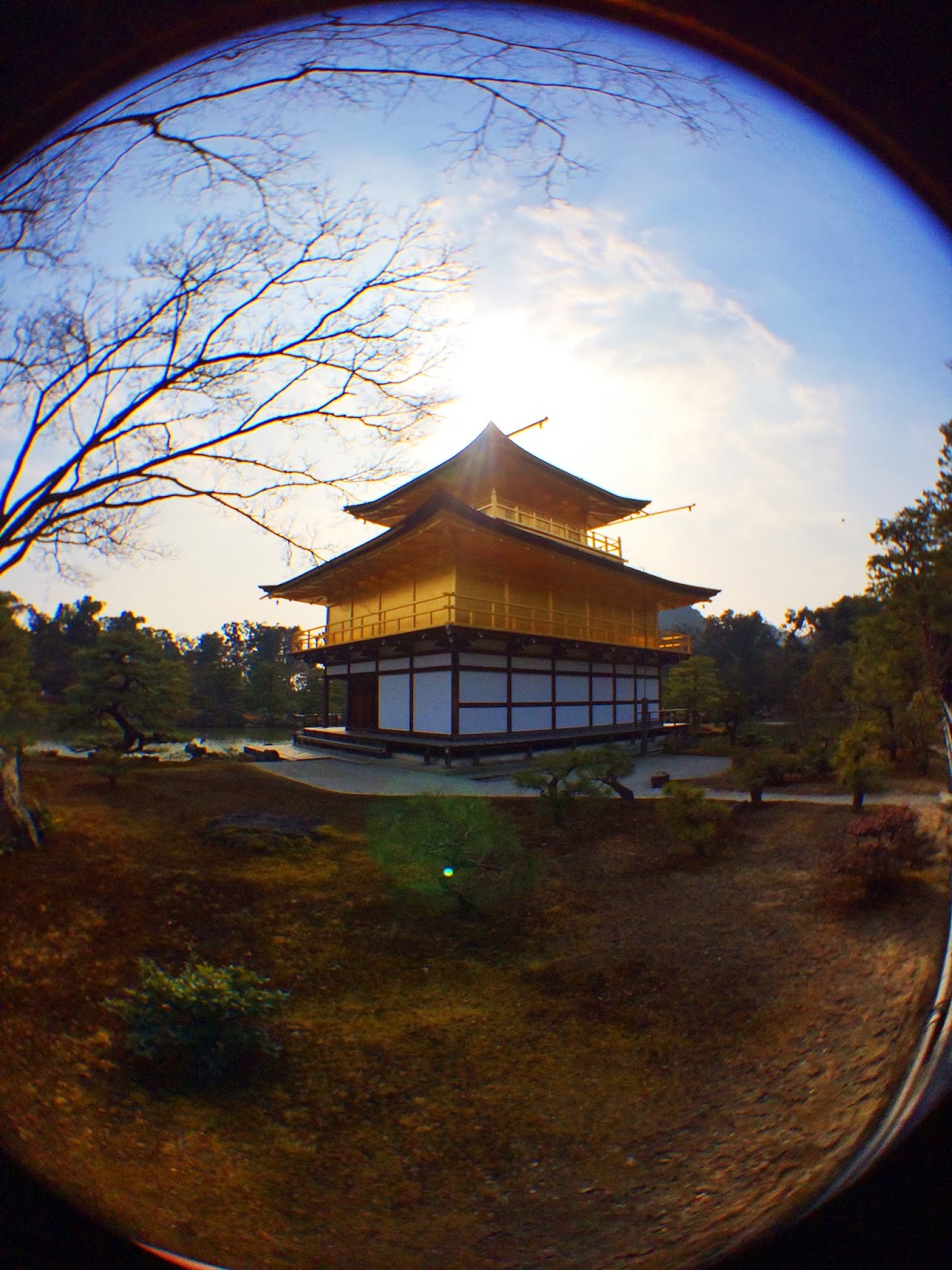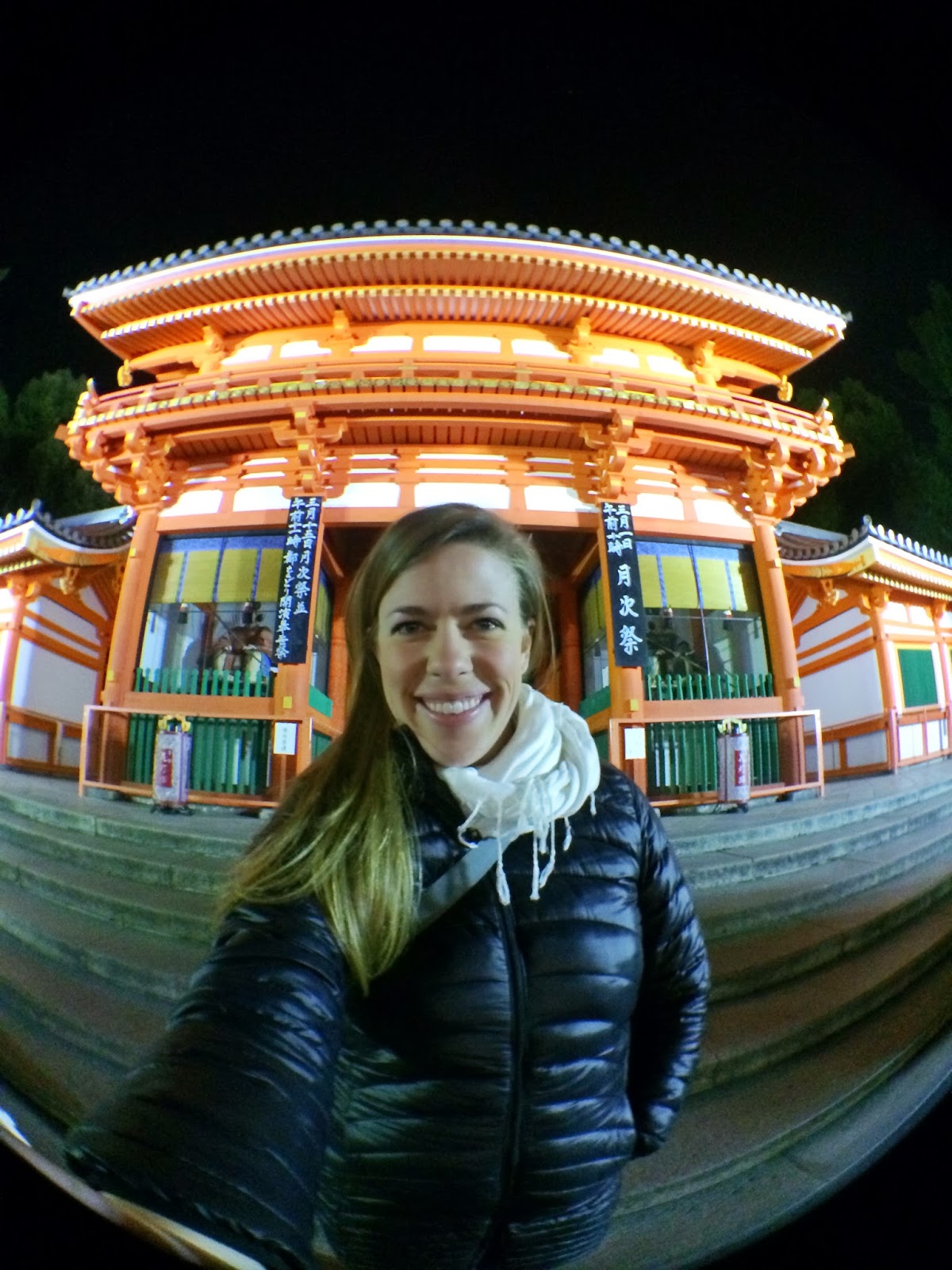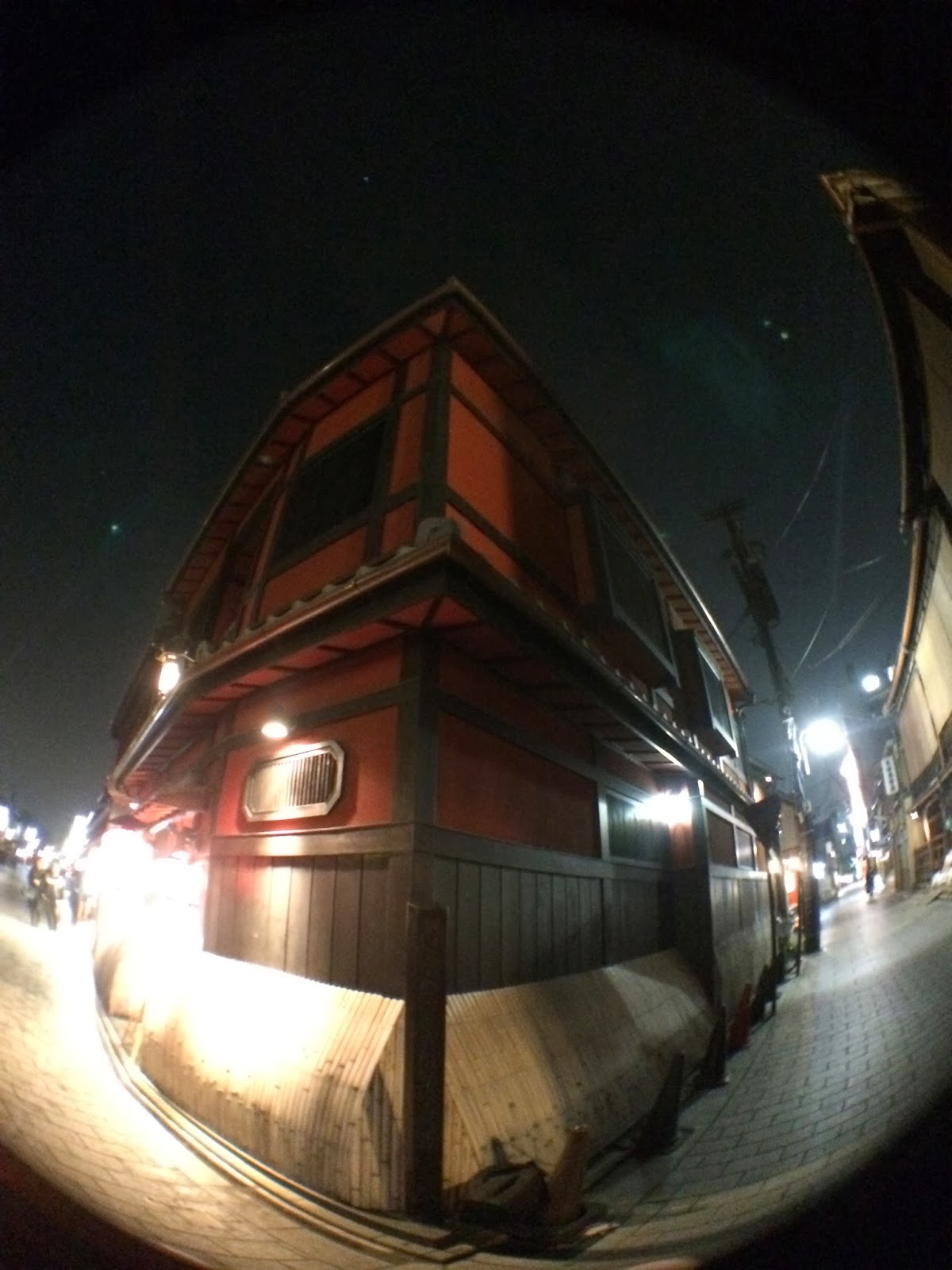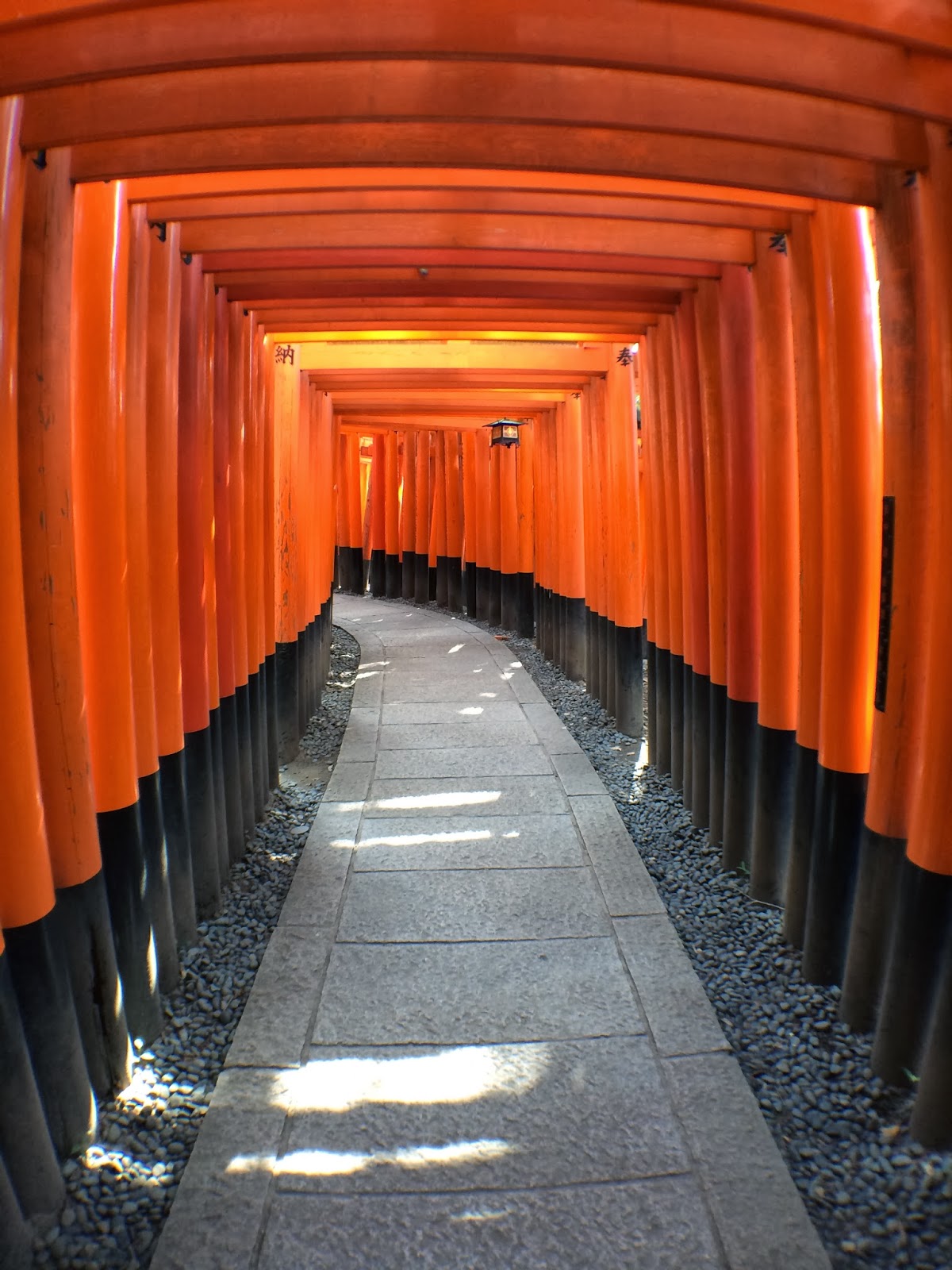Hello (cue sound heading out into the void, since it's been years since I last visited)...
It's been a minute since I wrote any, but I have decided to pick it back up again. Another life transition has me thinking (and itching to write it down) so here we are.
 30 second update - I am starting graduate school at Yale in January in pursuit of a Master of Medical Science degree that will (lord willing and the creek don't rise) lead to licensing as a Physician Assistant. It's a hybrid program which means that my wife and I (I have a wife now!) won't have to move to New Haven.
30 second update - I am starting graduate school at Yale in January in pursuit of a Master of Medical Science degree that will (lord willing and the creek don't rise) lead to licensing as a Physician Assistant. It's a hybrid program which means that my wife and I (I have a wife now!) won't have to move to New Haven.
I have gotten a LOT of questions throughout this transition, including many from my church peeps who felt quite caught off guard by this seemingly sudden shift in plans. I decided to write this blog to answer some FAQ and also to process the why of this transition.
First let me say that I am about 50% excited, and 50% straight up terrified to leave the only career I have ever known and to go back to grad school (at 33). I most days feel terribly grateful and also tremendously worried about the work load, but I also get giddy with delight when I think about what the next years of my life will hold.
So. The million dollar question - why are you doing this?
The fact is that I have always (or at least as long as I have had memories) had an interest in medicine. I think the first shock for those close to me was that I did NOT choose to be pre-med in undergrad. The long and short of it is: I started college at a time of upheaval for my family, at a time where I felt vastly unsure of myself, and without a lot of academic support. I had an interest in a lot of things, and had convinced myself that medicine would be too much work. To this day I cannot tell you why.
The true nail in the coffin, however, was my Biology for non-majors professor. I clearly remember going into his office one day during my sophomore year of college and telling him that I had an interest in medicine, looking for advice. The thought had been percolating around and I was starting to think seriously about the idea. One sentence from this man literally changed the course of my life. He said, with disdain, "you're not cut out for medicine. You're making a B in this class and this class is for non -science majors". I remember vaguely stuttering out an explanation about working 40 hours a week to make college finances less stressful, but I was completely defeated before I even arose from the chair in his office.
This man's one sentence had so much weight that I literally believed, for approximately 10 more years, that I was not smart enough for science. I internalized this idea so deeply that it became like a crappy, smelly, old suitcase that I carried around. I continued flirting with the idea for a few more years, but I could never gain the inertia required to move and overcome my immense self-doubt.
After college in 2009, in the midst of the great recession, I felt lucky to find any job at all. I started working in church ministry, which I have done for 13 years. I fell in love with it and can say that I have never regretted choosing this career path.
In 2012, I moved to Hong Kong for a church job, and while there, met someone that I fell head over heels in love with. It was a girl. I cried to my bosses as I told them about this relationship, and I heard the words I never hoped to hear: "you can work here and be gay, so long as you don't act on it". I thought for several long weeks, spoke with a counselor, and eventually decided that I could not deny my identity and my desire for relational connection, and I decided that I had to leave. I was devastated. I had planned to be at this church for many years. I loved it, and I saw no reason to move on, so this development put my life in a tailspin.
I was fortunate to find a job almost immediately back in the US in the Washington, DC area, but it turned out to not be a good fit. I had tried to move on from my experiences in Hong Kong, but I found myself ruminating constantly on what I would do if I didn't do ministry. The awful experience I had while abroad forced me to confront the thing inside me that had always been there. I wasn't going to be happy long-term unless I allowed myself to more seriously entertain going into medicine.
Knowing nothing of words like "rolling admissions", I applied five days before the deadline to eleven postbaccalaureate programs across the country. I figured that if I got in, that would be a sign that I might be heading in the right direction, and if not, well...
After nine straight-out rejections, I was accepted to two programs, University of Vermont and Meredith College in North Carolina. I chose Meredith and started my postbac there in 2015. It was the hardest, best thing I have ever done for myself. I quickly found that I not only loved, but was, indeed, cut out for science. I finished the program with all As (save for one B in Microbiology, damn the Krebs Cycle).
I came back to DC, a city I had fallen in love with, and started work as a Medical Assistant, first with an OB/GYN practice and later in Pediatrics. Every experience I had confirmed that this was the right path and I intended to apply to school in 2017.
Life found a way of disrupting my plans, however, and I met my later-to-be wife in 2016. She worked for USAID and her office's budget was slated to be slashed (thanks Trump administration). It didn't seem like a good time to be starting graduate school, so we punted. I had been making minimum wage for almost a year as a medical assistant, and I was exhausted from hustling between four jobs to make ends meet. We agreed that I would work for several more years doing...something else...until the time to apply was right, or my prerequisite classes "expired", whichever came first.
Foundry UMC, my future place of employment, was unfortunately stricken by tragedy in January 2017 when their Director of Family Ministries unexpectedly died in his early thirties. I had been hired just a week after this tragic event to assist with Foundry's capital campaign, thinking it would be a temporary solution while I looked for a more long-term job. I didn't want the DFM job, to be honest, and fought against applying for it for several months. Eventually, I began to feel compelled, and I finally applied for and was offered the job, to start in July of 2017.
I have loved every moment of working for Foundry. I truly believe that if I had finished my ministry career where it ended previously, I would have always felt a sense of sadness and lack of resolution. In complete contrast, Foundry has been a community that has loved the ever-loving business out of me, and has given me and my wife a place where we are fully embraced for who we are. I have gotten a chance to be pushed to grow, and as ministry experiences go, it's the pinnacle (for me).
At the end of 2018, I did a review of PA programs, just to keep my eye on things as I had been doing every 6 months or so, and discovered that many schools in the DC area and around that I had interest in had brought their prerequisite window to just 5 years. This means functionally that many or all prerequisite courses need to be completed within 5 years of starting a program. I started postbac in 2015, so 2020 would be 5 years for many of my classes.
I decided that I'd do an exploratory application in 2019 and see what I got. I limited myself to PA programs in the area and on the East Coast, and I waited. Having learned, in the intermediate years, what rolling admission means, I applied to Yale's PA Online program in time to be considered for the Early Decision option, which guaranteed an admissions decision by June 15. I continued with other applications within the first week that the centralized application for PA schools opened. I was fortunate to be accepted to Yale, which had become my top choice, on June 10. I immediately accepted their offer. I was later offered interviews at schools in the DC area, in Boston, Philadelphia, and in New York. All in all, the stars seemed aligned that I should start school now.
It has been the privilege of a lifetime to work in ministry and it grieves me deeply to imagine not serving on a church staff. I feel confident, however, that my background in church ministry will only help me to become a competent, caring medical provider someday.
So, for those of you still here (snooze) that's the story. Classes start in January and in the meantime I am hustling as hard as I can to be financially prepared for school, am doing a lot of non-medical reading, and am alternating between being elated and terrified. I'll do my best to post during school, but being honest, instagram is probably going to be the most I can muster. You can find me there at @whitkins.
It's been a minute since I wrote any, but I have decided to pick it back up again. Another life transition has me thinking (and itching to write it down) so here we are.
 30 second update - I am starting graduate school at Yale in January in pursuit of a Master of Medical Science degree that will (lord willing and the creek don't rise) lead to licensing as a Physician Assistant. It's a hybrid program which means that my wife and I (I have a wife now!) won't have to move to New Haven.
30 second update - I am starting graduate school at Yale in January in pursuit of a Master of Medical Science degree that will (lord willing and the creek don't rise) lead to licensing as a Physician Assistant. It's a hybrid program which means that my wife and I (I have a wife now!) won't have to move to New Haven.I have gotten a LOT of questions throughout this transition, including many from my church peeps who felt quite caught off guard by this seemingly sudden shift in plans. I decided to write this blog to answer some FAQ and also to process the why of this transition.
First let me say that I am about 50% excited, and 50% straight up terrified to leave the only career I have ever known and to go back to grad school (at 33). I most days feel terribly grateful and also tremendously worried about the work load, but I also get giddy with delight when I think about what the next years of my life will hold.
So. The million dollar question - why are you doing this?
The fact is that I have always (or at least as long as I have had memories) had an interest in medicine. I think the first shock for those close to me was that I did NOT choose to be pre-med in undergrad. The long and short of it is: I started college at a time of upheaval for my family, at a time where I felt vastly unsure of myself, and without a lot of academic support. I had an interest in a lot of things, and had convinced myself that medicine would be too much work. To this day I cannot tell you why.
The true nail in the coffin, however, was my Biology for non-majors professor. I clearly remember going into his office one day during my sophomore year of college and telling him that I had an interest in medicine, looking for advice. The thought had been percolating around and I was starting to think seriously about the idea. One sentence from this man literally changed the course of my life. He said, with disdain, "you're not cut out for medicine. You're making a B in this class and this class is for non -science majors". I remember vaguely stuttering out an explanation about working 40 hours a week to make college finances less stressful, but I was completely defeated before I even arose from the chair in his office.
This man's one sentence had so much weight that I literally believed, for approximately 10 more years, that I was not smart enough for science. I internalized this idea so deeply that it became like a crappy, smelly, old suitcase that I carried around. I continued flirting with the idea for a few more years, but I could never gain the inertia required to move and overcome my immense self-doubt.
After college in 2009, in the midst of the great recession, I felt lucky to find any job at all. I started working in church ministry, which I have done for 13 years. I fell in love with it and can say that I have never regretted choosing this career path.
In 2012, I moved to Hong Kong for a church job, and while there, met someone that I fell head over heels in love with. It was a girl. I cried to my bosses as I told them about this relationship, and I heard the words I never hoped to hear: "you can work here and be gay, so long as you don't act on it". I thought for several long weeks, spoke with a counselor, and eventually decided that I could not deny my identity and my desire for relational connection, and I decided that I had to leave. I was devastated. I had planned to be at this church for many years. I loved it, and I saw no reason to move on, so this development put my life in a tailspin.
I was fortunate to find a job almost immediately back in the US in the Washington, DC area, but it turned out to not be a good fit. I had tried to move on from my experiences in Hong Kong, but I found myself ruminating constantly on what I would do if I didn't do ministry. The awful experience I had while abroad forced me to confront the thing inside me that had always been there. I wasn't going to be happy long-term unless I allowed myself to more seriously entertain going into medicine.
Knowing nothing of words like "rolling admissions", I applied five days before the deadline to eleven postbaccalaureate programs across the country. I figured that if I got in, that would be a sign that I might be heading in the right direction, and if not, well...
After nine straight-out rejections, I was accepted to two programs, University of Vermont and Meredith College in North Carolina. I chose Meredith and started my postbac there in 2015. It was the hardest, best thing I have ever done for myself. I quickly found that I not only loved, but was, indeed, cut out for science. I finished the program with all As (save for one B in Microbiology, damn the Krebs Cycle).
I came back to DC, a city I had fallen in love with, and started work as a Medical Assistant, first with an OB/GYN practice and later in Pediatrics. Every experience I had confirmed that this was the right path and I intended to apply to school in 2017.
Life found a way of disrupting my plans, however, and I met my later-to-be wife in 2016. She worked for USAID and her office's budget was slated to be slashed (thanks Trump administration). It didn't seem like a good time to be starting graduate school, so we punted. I had been making minimum wage for almost a year as a medical assistant, and I was exhausted from hustling between four jobs to make ends meet. We agreed that I would work for several more years doing...something else...until the time to apply was right, or my prerequisite classes "expired", whichever came first.
Foundry UMC, my future place of employment, was unfortunately stricken by tragedy in January 2017 when their Director of Family Ministries unexpectedly died in his early thirties. I had been hired just a week after this tragic event to assist with Foundry's capital campaign, thinking it would be a temporary solution while I looked for a more long-term job. I didn't want the DFM job, to be honest, and fought against applying for it for several months. Eventually, I began to feel compelled, and I finally applied for and was offered the job, to start in July of 2017.
I have loved every moment of working for Foundry. I truly believe that if I had finished my ministry career where it ended previously, I would have always felt a sense of sadness and lack of resolution. In complete contrast, Foundry has been a community that has loved the ever-loving business out of me, and has given me and my wife a place where we are fully embraced for who we are. I have gotten a chance to be pushed to grow, and as ministry experiences go, it's the pinnacle (for me).
At the end of 2018, I did a review of PA programs, just to keep my eye on things as I had been doing every 6 months or so, and discovered that many schools in the DC area and around that I had interest in had brought their prerequisite window to just 5 years. This means functionally that many or all prerequisite courses need to be completed within 5 years of starting a program. I started postbac in 2015, so 2020 would be 5 years for many of my classes.
I decided that I'd do an exploratory application in 2019 and see what I got. I limited myself to PA programs in the area and on the East Coast, and I waited. Having learned, in the intermediate years, what rolling admission means, I applied to Yale's PA Online program in time to be considered for the Early Decision option, which guaranteed an admissions decision by June 15. I continued with other applications within the first week that the centralized application for PA schools opened. I was fortunate to be accepted to Yale, which had become my top choice, on June 10. I immediately accepted their offer. I was later offered interviews at schools in the DC area, in Boston, Philadelphia, and in New York. All in all, the stars seemed aligned that I should start school now.
It has been the privilege of a lifetime to work in ministry and it grieves me deeply to imagine not serving on a church staff. I feel confident, however, that my background in church ministry will only help me to become a competent, caring medical provider someday.
So, for those of you still here (snooze) that's the story. Classes start in January and in the meantime I am hustling as hard as I can to be financially prepared for school, am doing a lot of non-medical reading, and am alternating between being elated and terrified. I'll do my best to post during school, but being honest, instagram is probably going to be the most I can muster. You can find me there at @whitkins.






